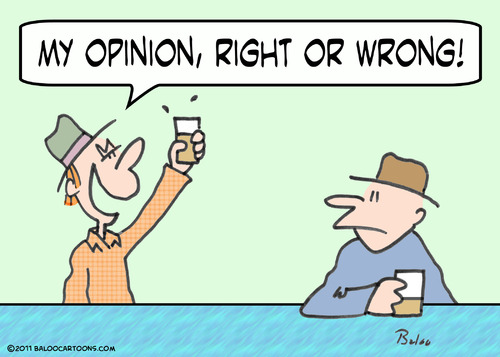I am missing basic exploratory orientation, thinking, assessing, evaluation, critics and I see mostly preaching. I am sad and worried, that’s why I wrote this post.
I am adding this again it seems to have got deleted first time. I said that I too feel this in relation to many interactions online. I despair hearing 
in far too many spaces online.